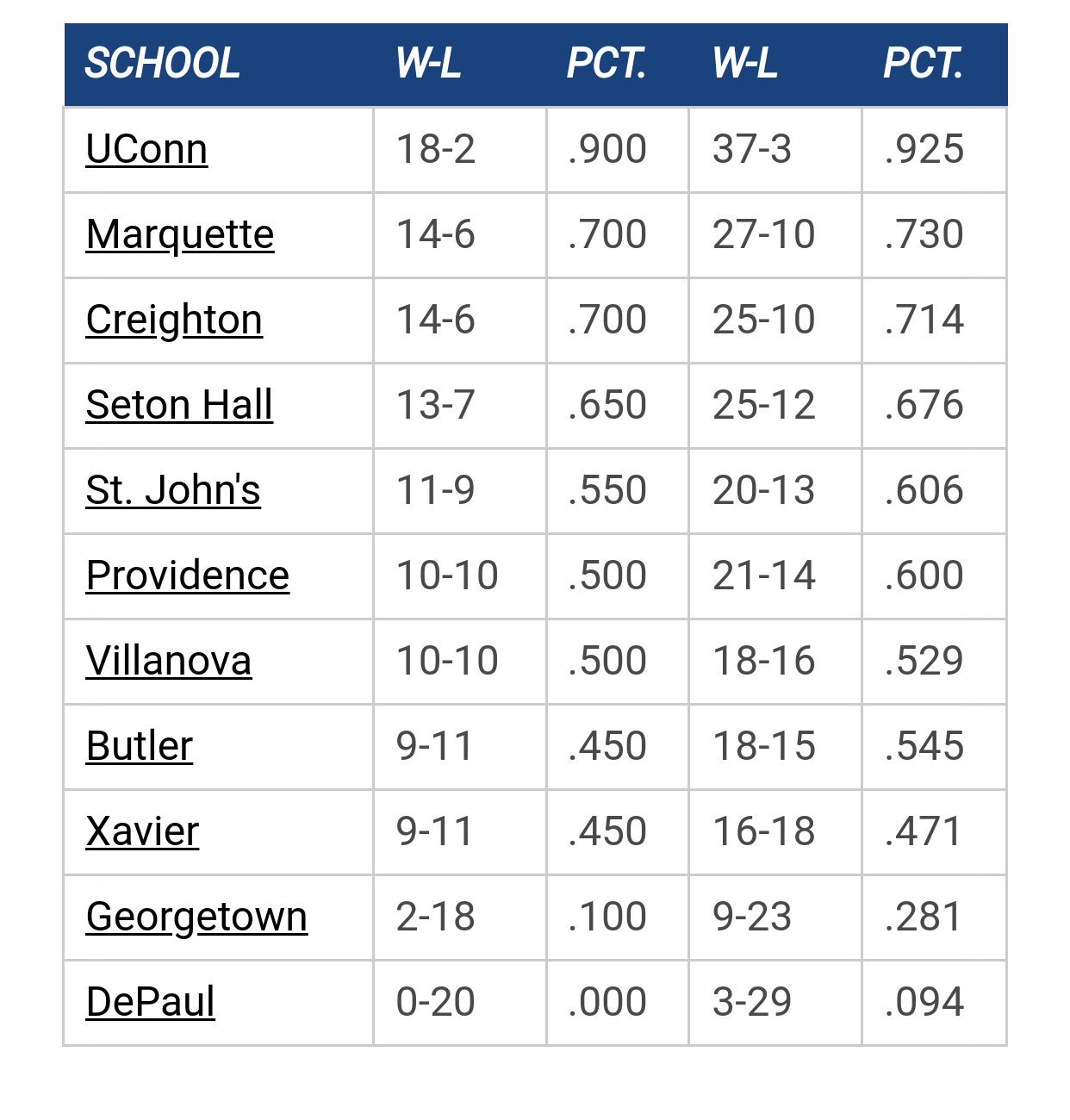- Welcome to MUScoop.
Marquette Team Rankings by panda
[Today at 02:43:05 PM]
Really Good Day for the Future of Marquette Basketball by The Sultan
[Today at 02:11:51 PM]
Shaka cost us the game tonite by brewcity77
[Today at 01:37:36 PM]
MU/XU Game Thread by willie warrior
[Today at 11:36:52 AM]
James/Stevens by willie warrior
[Today at 11:33:19 AM]
2025-26 Big East Thread by MuggsyB
[Today at 10:47:48 AM]
2025-26 Big East Conference TV Schedule by Mr. Nielsen
[Today at 07:08:45 AM]
[Today at 02:43:05 PM]
Really Good Day for the Future of Marquette Basketball by The Sultan
[Today at 02:11:51 PM]
Shaka cost us the game tonite by brewcity77
[Today at 01:37:36 PM]
MU/XU Game Thread by willie warrior
[Today at 11:36:52 AM]
James/Stevens by willie warrior
[Today at 11:33:19 AM]
2025-26 Big East Thread by MuggsyB
[Today at 10:47:48 AM]
2025-26 Big East Conference TV Schedule by Mr. Nielsen
[Today at 07:08:45 AM]
The absolute only thing required for this FREE registration is a valid e-mail address. We keep all your information confidential and will NEVER give or sell it to anyone else.
Login to get rid of this box (and ads) , or signup NOW!
St. John's Date/Time: Feb 18, 2026, 8:00pm TV: TNT Schedule for 2025-26 |
||||||
User actions


